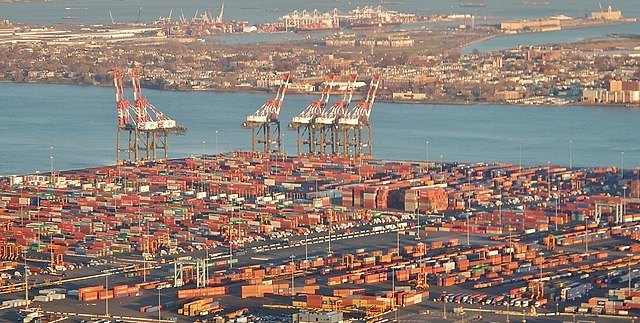In international economics, the balance of payments of a country is the difference between all money flowing into the country in a particular period of time and the outflow of money to the rest of the world. In other words, it is economic transactions between countries during a period of time. These financial transactions are made by individuals, firms and government bodies to compare receipts and payments arising out of trade of goods and services.
Gold was the primary reserve asset during the gold standard era.
Manmohan Singh, former PM of India (2004-2014), showed that the challenges caused by imbalances can be an opportunity when he led his country's successful economic reform programme after the 1991 crisis, as the minister of Finance.
The US dollar has been the leading reserve asset since the end of the gold standard.
International trade is the exchange of capital, goods, and services across international borders or territories because there is a need or want of goods or services.
The ancient Silk Road trade routes across Eurasia
Ports play an important role in facilitating international trade. The Port of New York and New Jersey grew from the original harbor at the convergence of the Hudson River and the East River at the Upper New York Bay.





